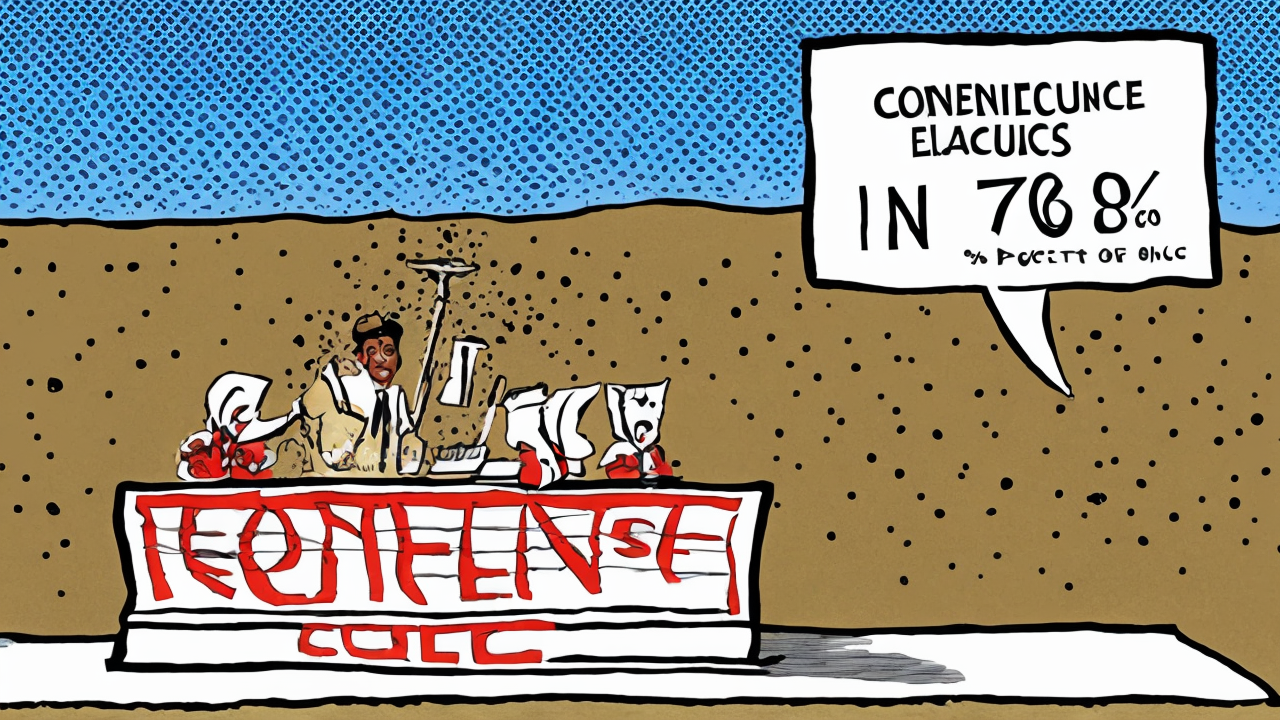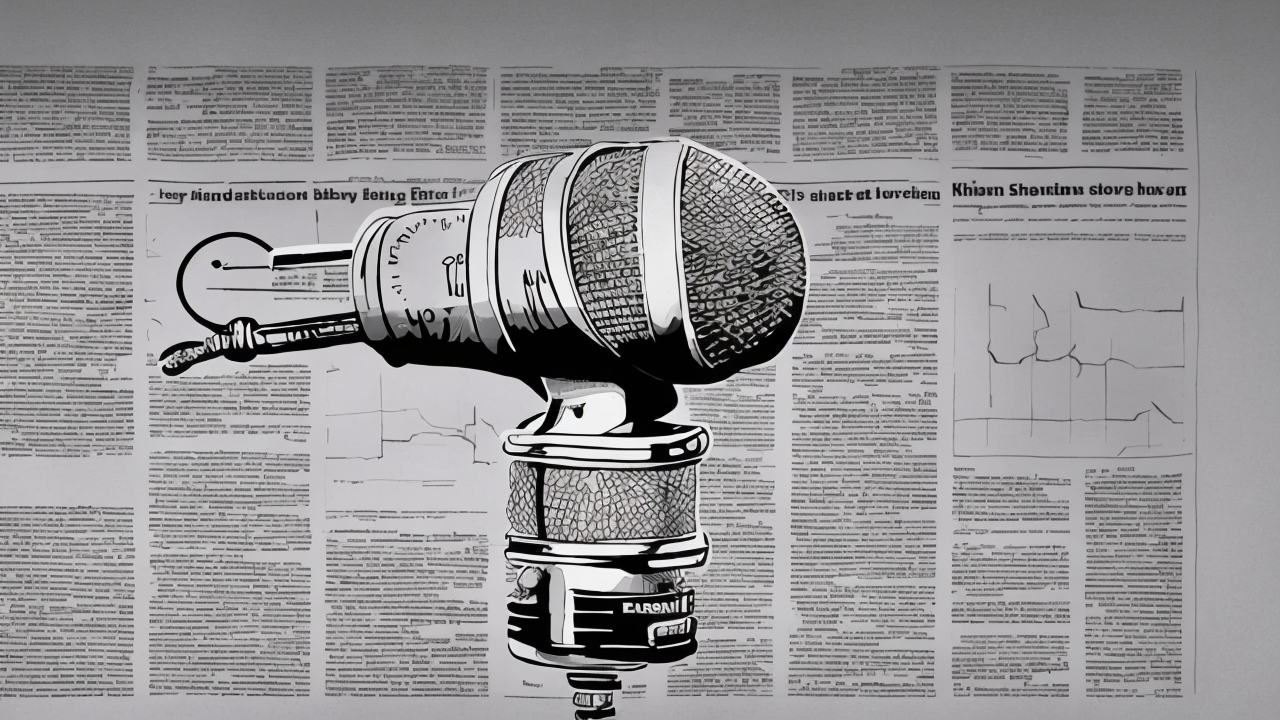The Ongoing Debate on Climate Change Consensus

The conversation around climate change has grown increasingly polarized, not because of scientific uncertainty, but because of how that science is presented and debated. At the heart of the matter lies a widely repeated claim: that 97% of scientists agree human activity is driving global warming. This statistic, drawn from a 2013 study by Cook et al., has become a cornerstone of policy arguments and media narratives. Yet a closer look reveals significant limitations in the study’s methodology. It excluded thousands of peer-reviewed scientific papers, relied on non-peer-reviewed sources like blog posts and press releases, and failed to capture the full spectrum of expert opinion. When evaluated on its own terms, the so-called consensus is less a reflection of scientific unanimity and more a product of selective interpretation.
The real issue isn’t whether climate patterns are changing—it’s how we respond to those changes. A growing number of qualified scientists, including climatologists, atmospheric physicists, and engineers, remain cautious about attributing temperature trends solely to human activity. They point to natural variability, historical climate cycles, and the limitations of current climate models. These scientists are not denying change; they are calling for more rigorous analysis, better data, and greater transparency in how conclusions are drawn.
What is more troubling than differing scientific views is the environment in which those views are often silenced. In universities, media outlets, and government agencies, researchers who question mainstream narratives frequently face professional consequences. Peer review becomes a tool of exclusion rather than evaluation. Funding decisions are influenced more by ideological alignment than scientific merit. Careers are damaged not for poor research, but for asking inconvenient questions. This is not how science advances—it’s how orthodoxy is enforced.
A free society depends on the open exchange of ideas. When only one perspective is allowed to dominate, we lose the very foundation of intellectual progress. Scientific inquiry thrives not in echo chambers, but in environments where hypotheses are tested, data is scrutinized, and conclusions are revisited. If we truly believe in truth, we must welcome all legitimate voices—especially those that challenge the prevailing view.
This is not about denying climate change. It’s about ensuring that policy decisions are based on accurate, balanced, and transparent science. Policies that mandate drastic energy transitions without considering economic impacts or technological readiness can harm working families, strain industries, and weaken national resilience. Energy affordability and reliability are not secondary concerns—they are essential to public well-being and national security.
A healthy nation values both truth and prudence. It recognizes that science is a journey, not a destination. It respects the expertise of professionals while remaining open to new evidence. It upholds the principle that no idea should be immune from scrutiny, especially when it shapes national policy.
The solution is not to suppress dissent, but to encourage it. We need more peer-reviewed research, more diverse perspectives, and more accountability in how science informs public decisions. We must restore confidence in the scientific process by ensuring it remains open, rigorous, and free from ideological capture.
When science is allowed to flourish without fear of retribution, the best answers emerge—not through consensus for consensus’s sake, but through honest inquiry. That is how progress is made. That is how a nation strengthens its future.
Published: 11/9/2025








